- The Second China–Latin America and Caribbean Region Legal Professionals Exchange Program (Hangzhou Session) was successfully held at Zhejiang University.2025-12-18
- “If the World is a Family” — Student Exchange and Legal Practice Seminar between Newcastle Law School and Guanghua Law School2025-12-08
- LLM & SJD International Students of Guanghua Law School Attend Zhejiang International Legal Service Partnership Conference2025-12-04
On September 18, 2023, the 29th Session of the Digital Law Forum was held at Zhejiang University. The theme of this forum is "New Legal Issues in the Digital Era – German Perspectives". The meeting was sponsored by the Institute of Digital Rule of Law of Zhejiang University, the Institute of Criminal Law of Zhejiang University and Shanghai Jingcheng Shenheng Law Firm. Teachers and students from Cologne University, Passau University, Bochum University, Zhejiang University, Jiangsu University and Hangzhou Normal University, as well as lawyers from Shanghai Jingcheng Shenheng Law Firm, attended the event. Associate Professor Yandong Gao, Deputy Dean of the Institute of Digital Rule of Law of Zhejiang University, presided over the meeting, and Wen Xu, sworn interpreter of the German court, Chang liu, scientific research assistant of the Center for Robot and Law Research of the University of Würzburg, Germany, and Yuchen Sun, doctoral candidate of the Law School of the University of Göttingen, Germany, were responsible for the translation work.
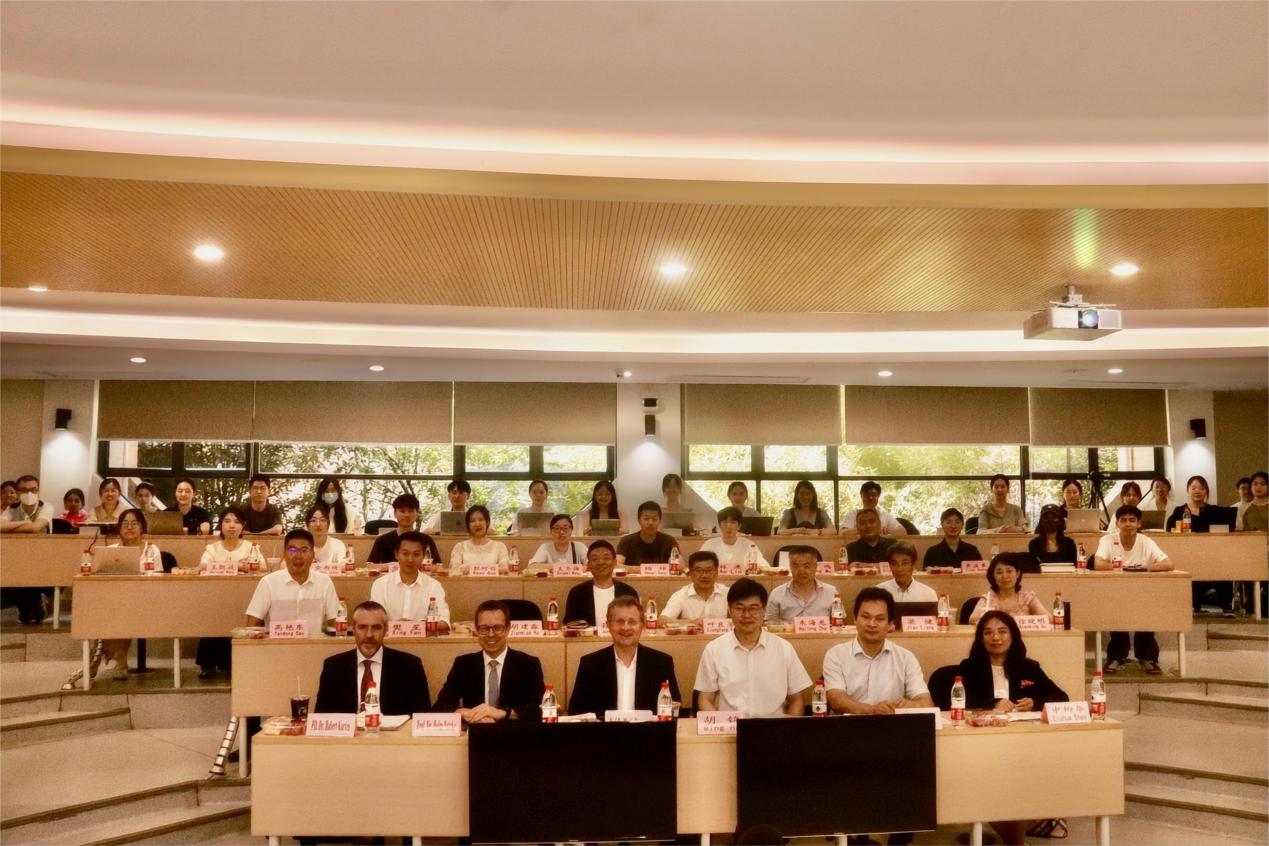
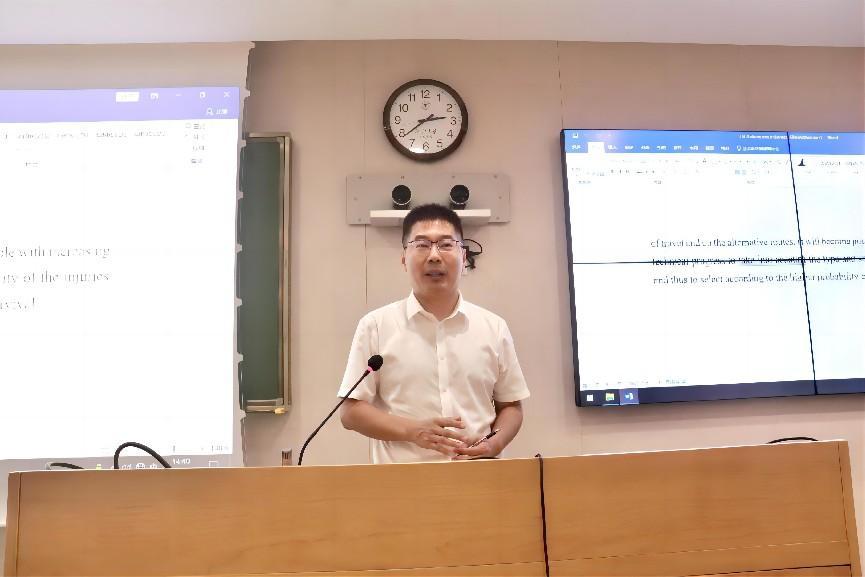
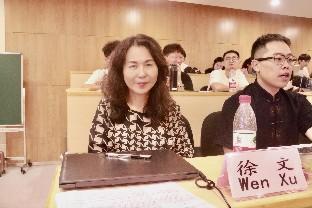
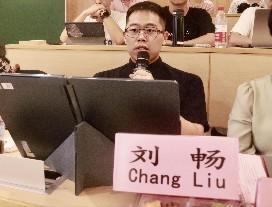
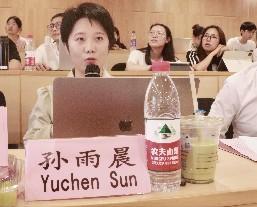
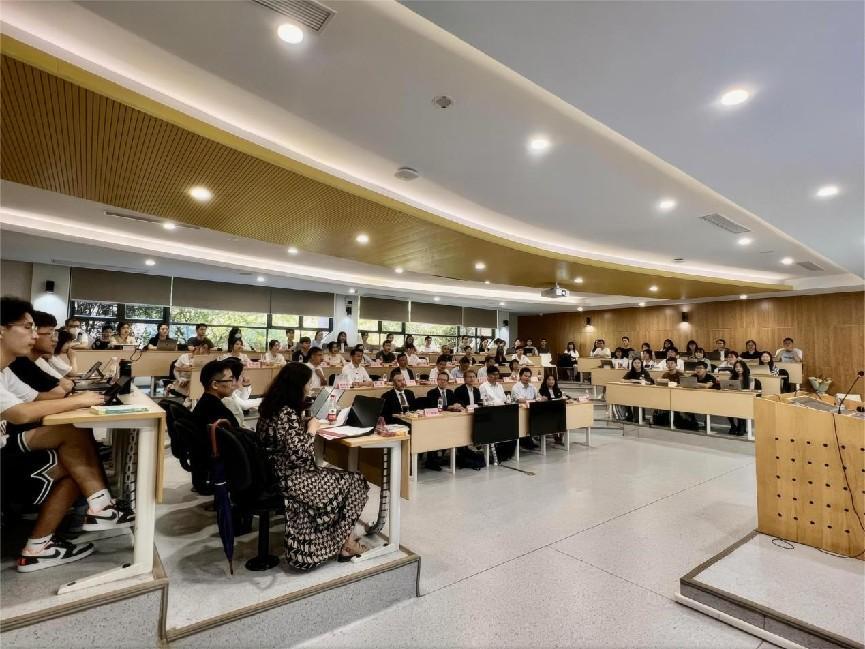
1 Greetings
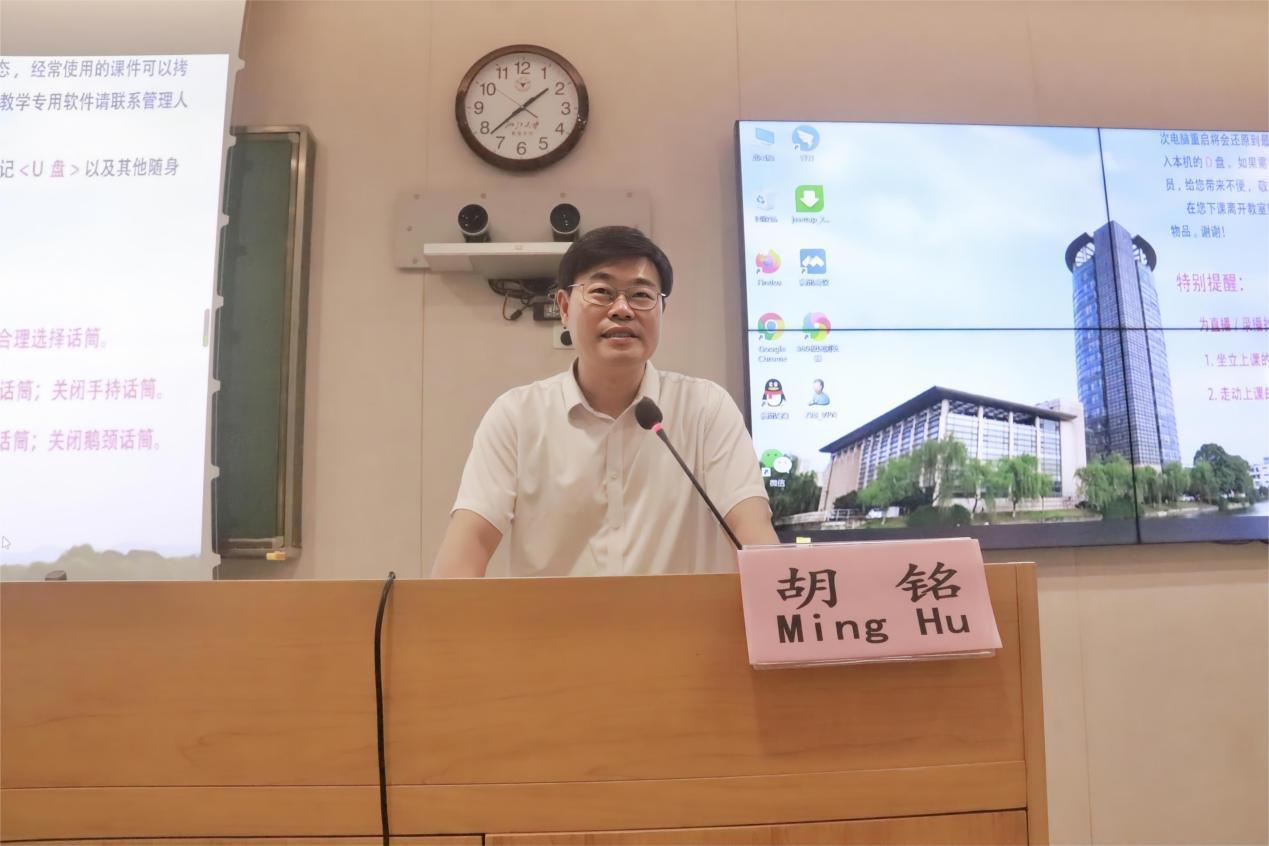
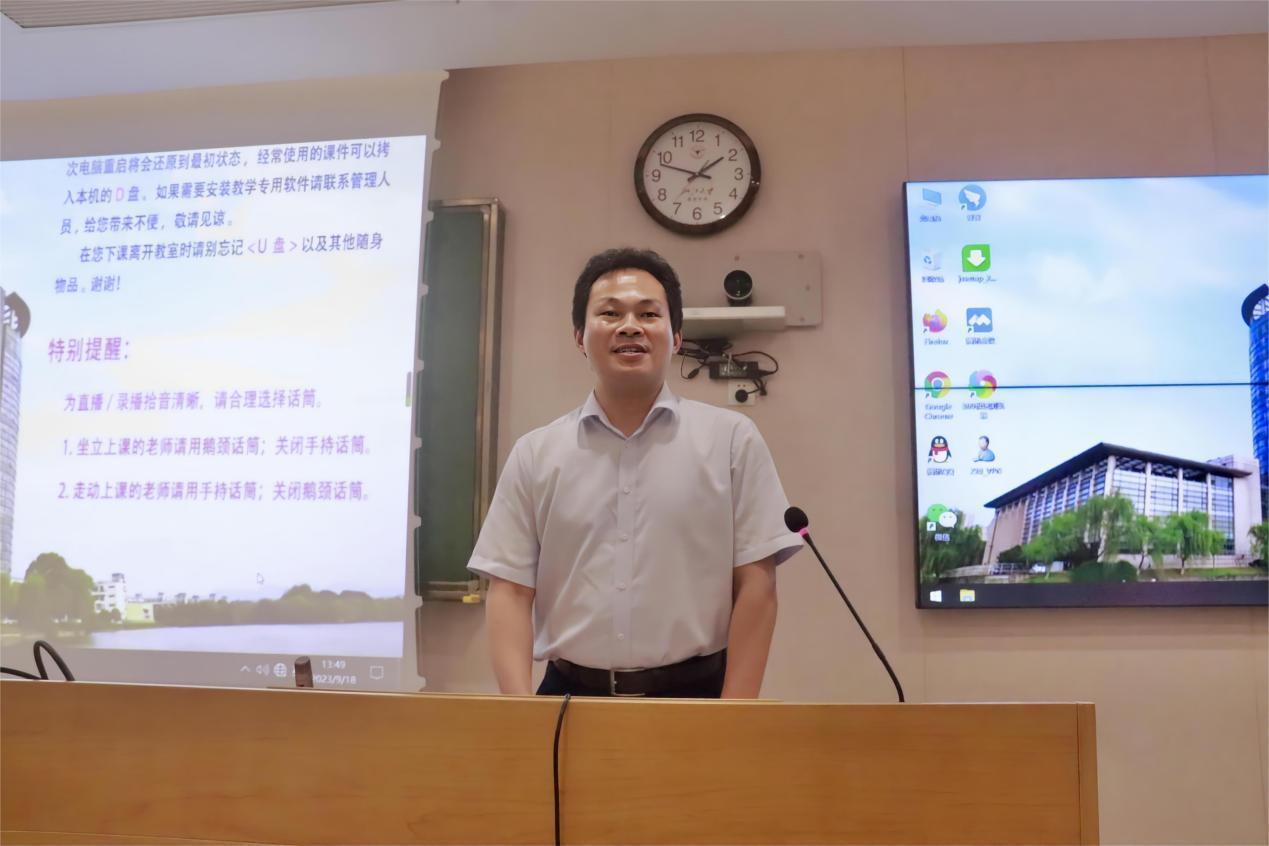
At the beginning of the meeting, Professor MingHu expressed sincere greetings to three professors from Germany, Shanghai Jingcheng Shenheng Law Firm, the present teachers, and classmates. Subsequently, Director QingLan from Shanghai Jingcheng Shenheng Law Firm talked about the close connection between Jingcheng Shenheng Law Firm and Zhejiang University Guanghua Law School, and then introduced the firm's core values, mission, and beliefs. Finally, he expressed gratitude to the three German professors and Zhejiang University.
2 Thematic report
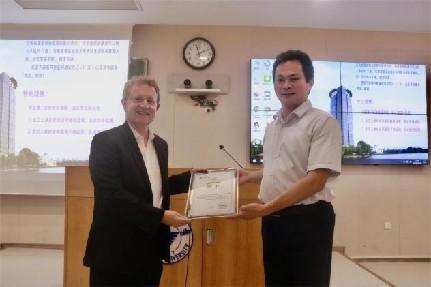
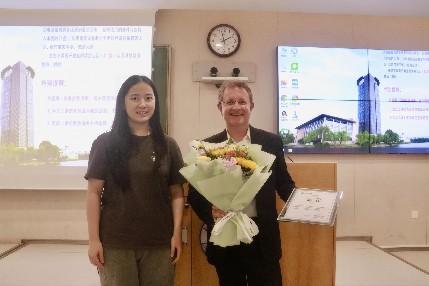
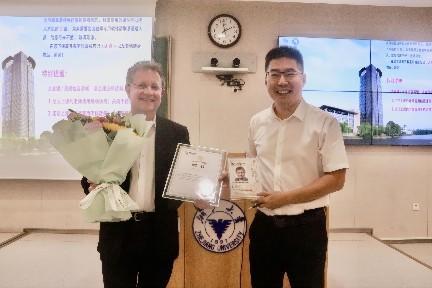
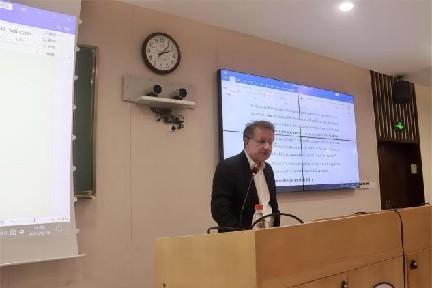
Prof Dr. Dr. h.c. Martin Wassmer, from the Law School of the University of Cologne, spoke on the theme "Criminal law implications of autonomous driving in Germany". First of all, Professor Wassmer introduces the six levels of automation defined in the international standard SAEJ3016 and the different classifications made by the German Federal Highway Administration, and points out the misunderstandings caused by the German classification internationally. Subsequently, the Professor introduced the legal framework of Germany on autonomous driving, mainly including "Eighth Act Amending the Road Traffic Act" of 2017 and the "Act on Autonomous Driving" in July 2021. Then, the Professor discussed the civil and criminal liability arising from autonomous driving.
With regard to civil liability, the new provisions have not fundamentally changed the civil liability system. First, German law stipulates that the owner of the vehicle shall be strictly liable. The owner is also liable for errors in driving functions, he has the obligation to insure and check the condition of the vehicle. Moreover, the driver has liability on the basis of presumed fault, which may be overturned. Second, technical supervision shall be liable according to its fault. The Government has not heeded the suggestion to standardize liability, or at least to assume liability on the basis of presumed fault, because the Government considers that liability within the framework of general tort law is sufficient. Thirdly, the manufacturer shall be liable for the consequences of use. The plaintiff must prove that there was a programming error, a design, a manufacturing or a description error. Moreover, the manufacturer needs to bear the responsibility as a producer, in which case the burden of proof is reversed, that is, the victim only needs to prove that the product was defective when it left the manufacturer. Civil liability is expected to shift to the manufacturer as the degree of automation increases. At the same time, the number of accidents may be reduced, which will lighten the burden on all parties concerned.
In terms of criminal liability, Professor Wassmer mainly discussed the liability for intentional injury and intentional homicide, the liability for road traffic violations and several difficult situations. With regard to the liability for intentional injury and intentional homicide, drivers, owners, persons performing technical supervision and manufacturers may have criminal liability, and passengers may be excluded from criminal liability. With regard to liability for road traffic violations, drivers may be criminally liable under certain conditions, passengers will not be prosecuted for road traffic violations, and persons performing technical supervision or acting on behalf of manufacturers or vehicle business may be liable only in exceptional circumstances. Subsequently, the professor discussed the dilemma of having people on the road and on possible alternative routes, where the algorithms determine life and death, in terms of "Damage to third party property", "Killing of persons outside the vehicle", "Killing of vehicle occupants" and "Injury probabilities".
Finally, Professor Wassmer summarized the contents of the report. Germany has created a legal framework for the routine operation of autonomous vehicles. Existing doctrines may be used to determine the criminal liability of drivers, owners, passengers, manufacturers and vehicle operators. In difficult situations, the protection of human life has the highest priority. On the other hand, those who use a quantitatively weighted driving function should not be blamed. If there are people in the driving path, priority shall be given to the protection of passengers. If there are several people on both the driving route and the alternative route, with the increase of technological progress, it will be possible to consider the type and severity of injury, so as to make a choice according to a higher probability of survival.
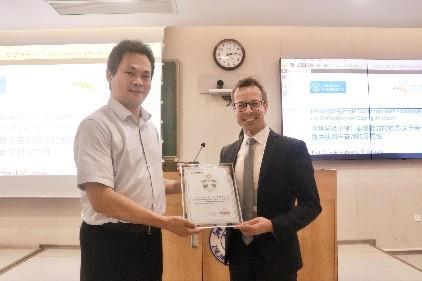
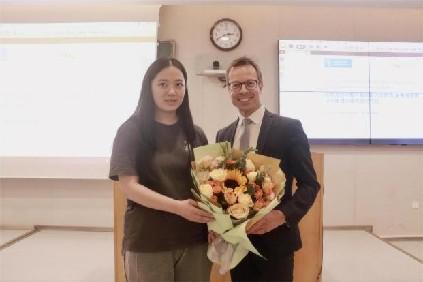
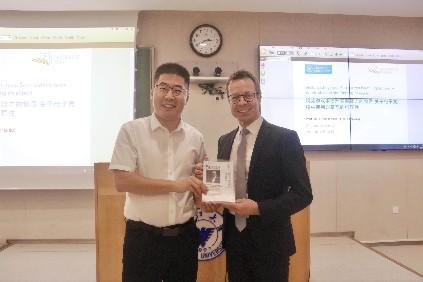
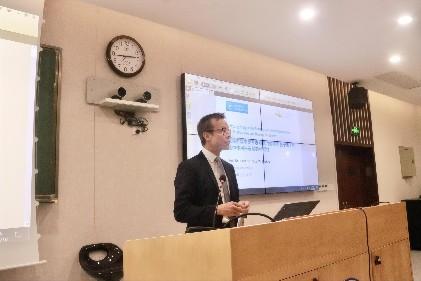
Prof Prof. Dr. Holm Putzke LL. M. from the University of Passau reports on "Substances that Boost Performance in Video Games – on the Punishmability of Doping in Electronic Competition" (Leistungsteigernde Substanzen beim Videospielen – zur Strafbarkeit von Doping im e-Sport (German)). Professor Putzke first introduced the development of e-sport and then introduced the punishable elements of doping use. He pointed out that the sources of punishable use of doping include the health of athletes, fairness and equal opportunities in sports competitions, and the uniqueness of sports. Doping will expose athletes to health risks, and the state may prohibit the use of doping on this basis; At the same time, competitors who do not use doping also conform to the principle of good faith in electronic sport, otherwise they will violate the principle of fairness.
In Germany, the Anti-Doping Law that may apply to e-sport competitions that must should be classified as "organized sports competitions" under the existing law, and e-sports competitions are not organized sports competitions at present. On the question of whether e-sport are sport, Professor Putzke believes that e-sport have high requirements for coordination, responsiveness and endurance, and can therefore be called "sport".
Finally, Professor Putzke summarized the contents of the report. People who engage in electronic sport are actually engaged in real sport. Even if the electric competitors may not meet the general definition of "sports competitors" by some people, this fact will not change. Sport are diverse and there is no unified standard. As a matter of fact, there are no "all-around athletes" who are successful in all fields - even the classic decathletes cannot fully meet this standard.
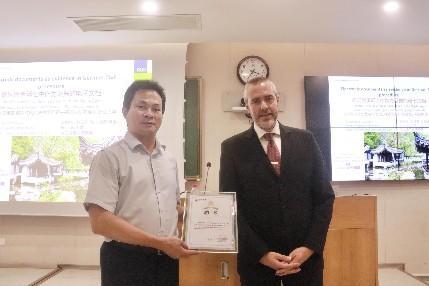
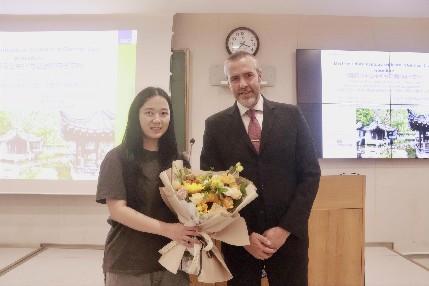
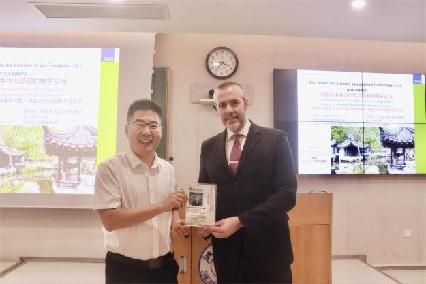
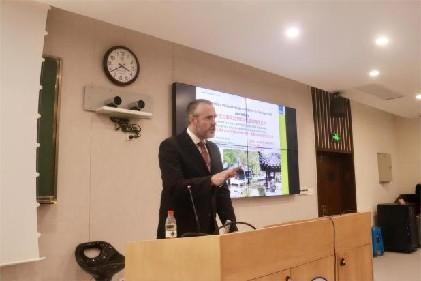
Professor Robert Korves from the University of Bochum reports on the theme "Electronic documents as evidence in German Civil procedure".
In the first part, Professor Korves briefly explained the traditional German civil procedure model, and then entered the second part. Professor Korves talked about the digital development of civil litigation in Germany. Before the digitalization was popularized, the litigation in German courts was conducted in paper materials. However, with the electronic digitalization entering the private field in all aspects of life, the handover of materials between courts has gradually changed. Compared with the traditional mode of civil litigation in Germany, the digitalization of civil litigation has the advantages of convenience and speed, This is particularly reflected in the communication of documents by lawyers. Since 2022, the introduction of relevant laws has made it mandatory for lawyers to process litigation documents electronically, and the mandatory provisions on court digitization will not come into force until 2026, which means that courts have sufficient time to prepare. Professor Korves then talked about the digital verbal debate, which will come into force as a non-mandatory requirement.
In the third part, Professor Korves has launched the basic characteristics of evidence collection in German civil litigation from three angles: the direct principle of evidence collection, the formal procedure of evidence collection and the final list of evidence. The professor introduced the relevant requirements for evidence collection in civil litigation through the common points with Chinese laws, and elaborated the role and reasons of investigation, witness, appraisal, documentary evidence and interrogation of the parties in the final list of evidence in civil litigation evidence collection.
In the fourth part, Professor Korves first introduces the concept of electronic documents, and then leads to the legal provisions. According to Paragraph 415 and subsequent articles of the Code of Civil Procedure, electronic documents are not regarded as documentary evidence, and according to Paragraph 371 and subsequent articles of the Code of Civil Procedure, electronic documents are regarded as inspection, and the classification of the attributes of electronic documents in Chinese law and German law is explained.
Then, in Part Five, Professor Korves discussed whether electronic documents can be used as evidence in documentary evidence litigation in civil litigation. According to relevant laws and regulations, only documentary evidence can be recognized as evidence, and electronic documents cannot be recognized as documentary evidence in accordance with the former law. Therefore, electronic documents should not be recognized as evidence, but in a fast-paced modern society, with the progress of digitalization of civil litigation, There is still room for discussion on the above provisions.
3 Comment
Five experts in the field of digital law participated in the review.
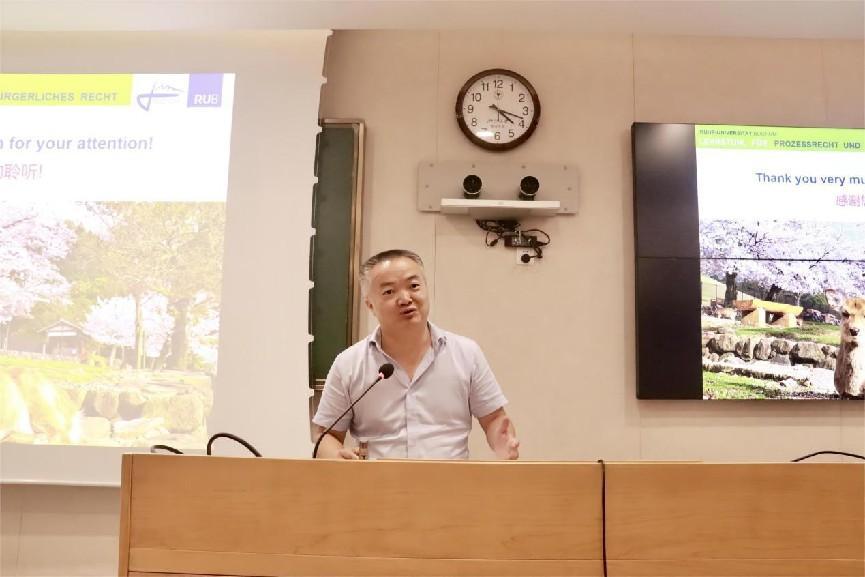
Mr Hailong Zhu said that the speeches of the three German professors today fully demonstrated the frontier, preciseness and problem awareness of Germany in the field of legal research. China and Germany have profound legal sources and belong to the civil law system. German legal research is worth learning and learning from Chinese peers in many aspects.
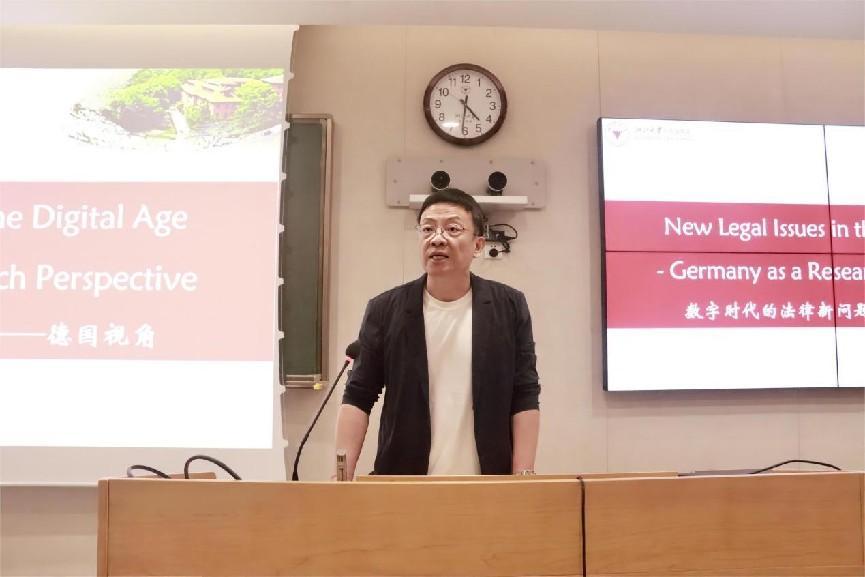
Mr Jungong Sun said that human beings' rights to life, development, property and dignity of personality have always been the goals that we aspire to pursue and strive to defend. What changes the world is not technology, but the dream behind technology.
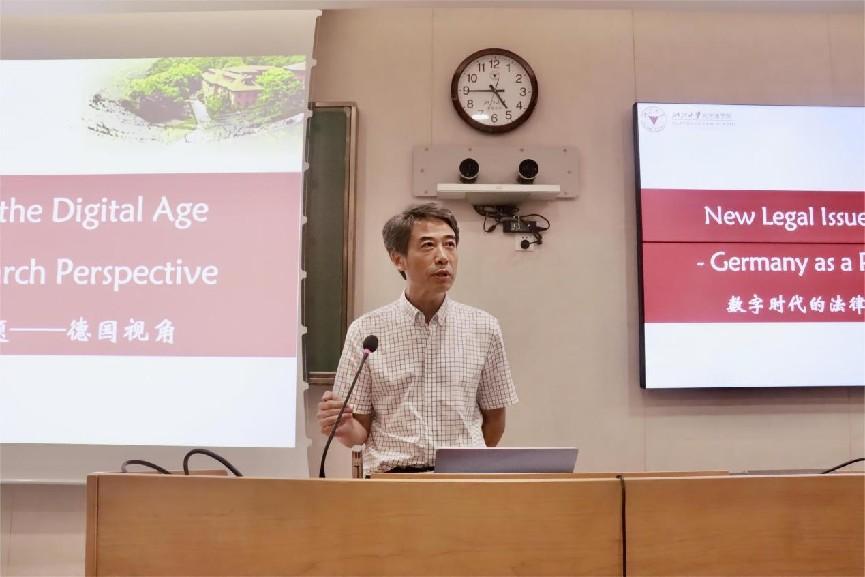
Mr Dr. Jian Liang said that today's speech is of guiding significance to the relevant laws of China, for example, whether drivers are involved in autonomous driving has become a matter of concern, but at present China's laws and regulations on autonomous driving are still in a blank state.
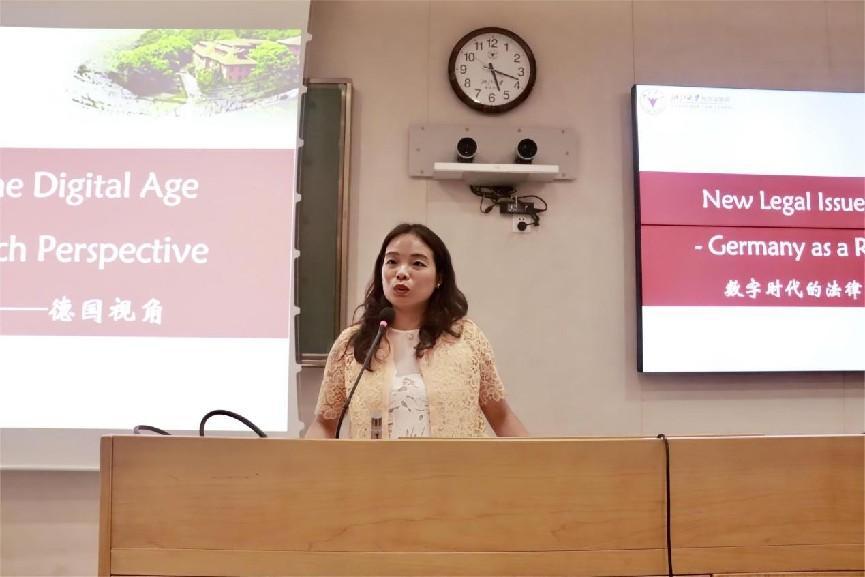
Professor Liuhua Shen said that in the current dialogue between China and Germany on law, Chinese scholars have transformed themselves from traditional successors of foreign law into creators with independent critical thinking. She hoped that the students present here would dare to take up the baton of promoting legal exchanges between China and Germany in the future, and to externalize the contents of today's study in their minds and practice.
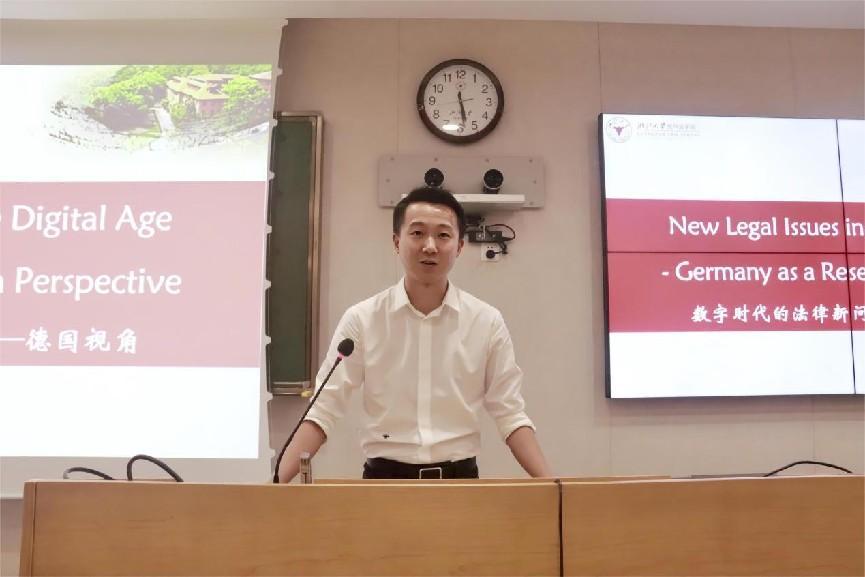
Director Xing Fan consulted the German Professor on the relevant provisions of Germany and the problems encountered in practice.
To address some of the issues raised above, three professors from German responded in detail.
4 Conclusion
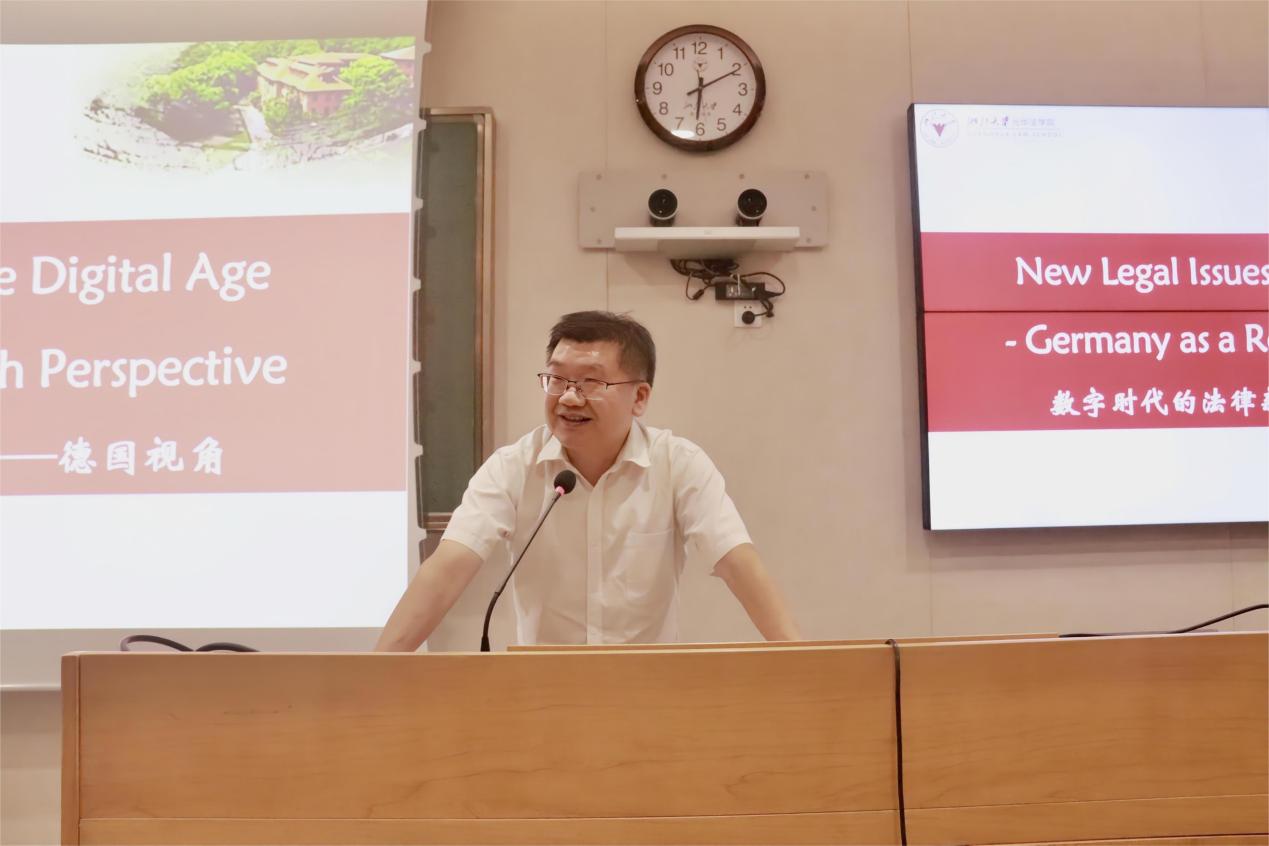
Mr Liangfang Ye summarized the exchange today. He said that although the topics of the three professors' lectures were different, they all aimed at the most advanced issues in their respective fields. Professor Wassmer has focused on the impact of the universalization of autonomous driving on legal liability, especially criminal liability. Professor Putzke has anchored the issue of the punishable use of doping in electronic sports. Professor Korves has directly faced the issue of the evidentiary nature of electronic documents in the digital era, which involves the digital trend of civil litigation, digital evidence collection, and evidence classification of electronic documents. This is a question of the evolution of technological development over legal evolution, with a grand topic and a unique cut.
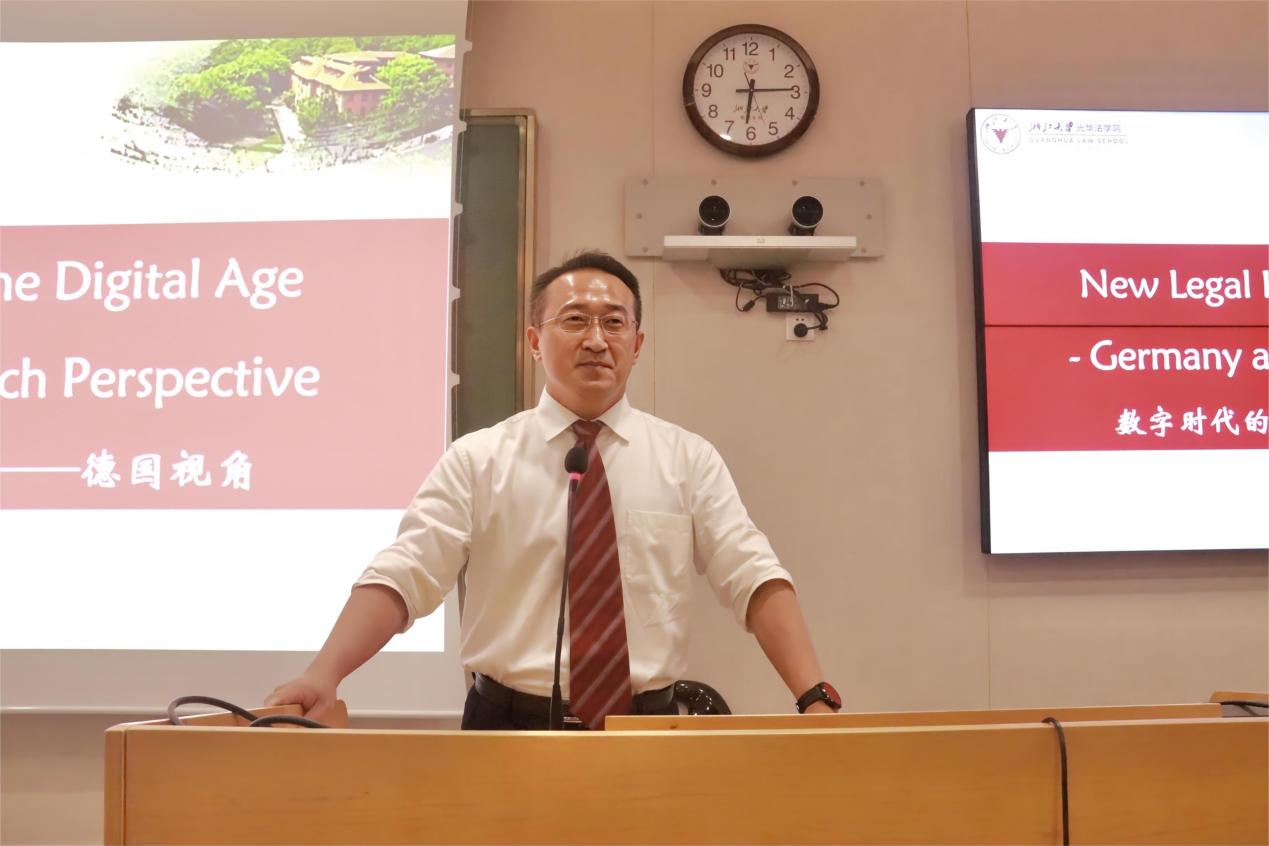
Finally, Professor Jun zhao, Deputy Dean of Guanghua Law School of Zhejiang University, made a closing speech. He expressed his gratitude to all the teachers and students who attended this lecture, and introduced the problems of technology and development to demonstrate how to insert the rule of law into the wings of numbers and how to bring numbers into the orbit of the rule of law.
The lecture was successfully concluded with the warm applause of all guests and students.

